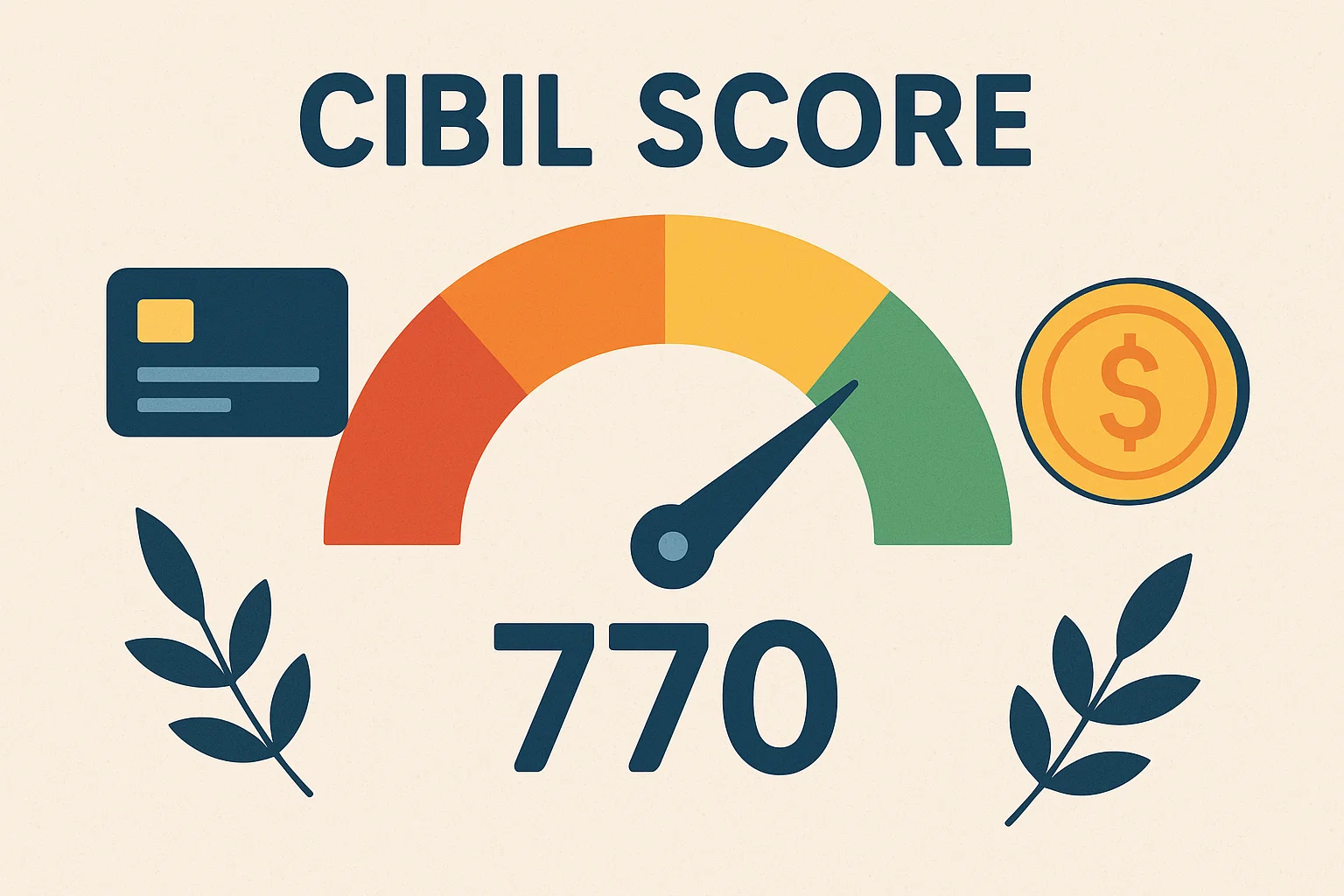Breaking News
Popular News




Enter your email address below and subscribe to our newsletter

Your CIBIL score is more than just a number — it can make or break your chances of getting a loan or credit card. In today’s credit-driven economy, understanding your CIBIL score is critical to your financial freedom.
Here’s everything you need to know.
A CIBIL Score is a three-digit number ranging from 300 to 900 that reflects your creditworthiness. It’s generated by TransUnion CIBIL, India’s leading credit information company.
Lenders use this score to assess how reliably you can repay loans and credit cards.
| Score Range | Creditworthiness | Likely Loan Approval |
|---|---|---|
| 750–900 | Excellent | Very High |
| 700–749 | Good | High |
| 650–699 | Fair | Moderate |
| 600–649 | Poor | Difficult |
| <600 | Very Poor | Highly Unlikely |
✅ Determines loan and credit card approvals
✅ Impacts your interest rate offers
✅ Affects your loan amount eligibility
✅ Used in employment background checks (some sectors)
CIBIL considers the following factors:
Payment History (35%) – Missed EMIs hurt your score
Credit Utilization (30%) – High usage lowers score
Credit Mix (10%) – Balance between secured and unsecured loans
Credit History Length (10%) – Longer is better
New Credit Inquiries (15%) – Too many applications = red flag
Pay EMIs and bills on time
Keep credit utilization below 30%
Avoid multiple loan applications at once
Maintain a healthy credit mix
Monitor your credit report for errors
750 or above is generally considered excellent for most loan and credit approvals.
Yes, but it’s harder. You may need a co-applicant, collateral, or accept higher interest rates.
You should check your score once every 3–6 months to catch issues early.
No. Self-checks are considered soft inquiries and do not affect your score.
With disciplined financial habits, you can improve your score in 6–12 months.
Your CIBIL score is a gateway to better financial opportunities. Whether you’re planning a home loan or applying for a credit card, maintaining a strong credit profile gives you an edge.
Start improving your credit health today at 👉 bit2050.com